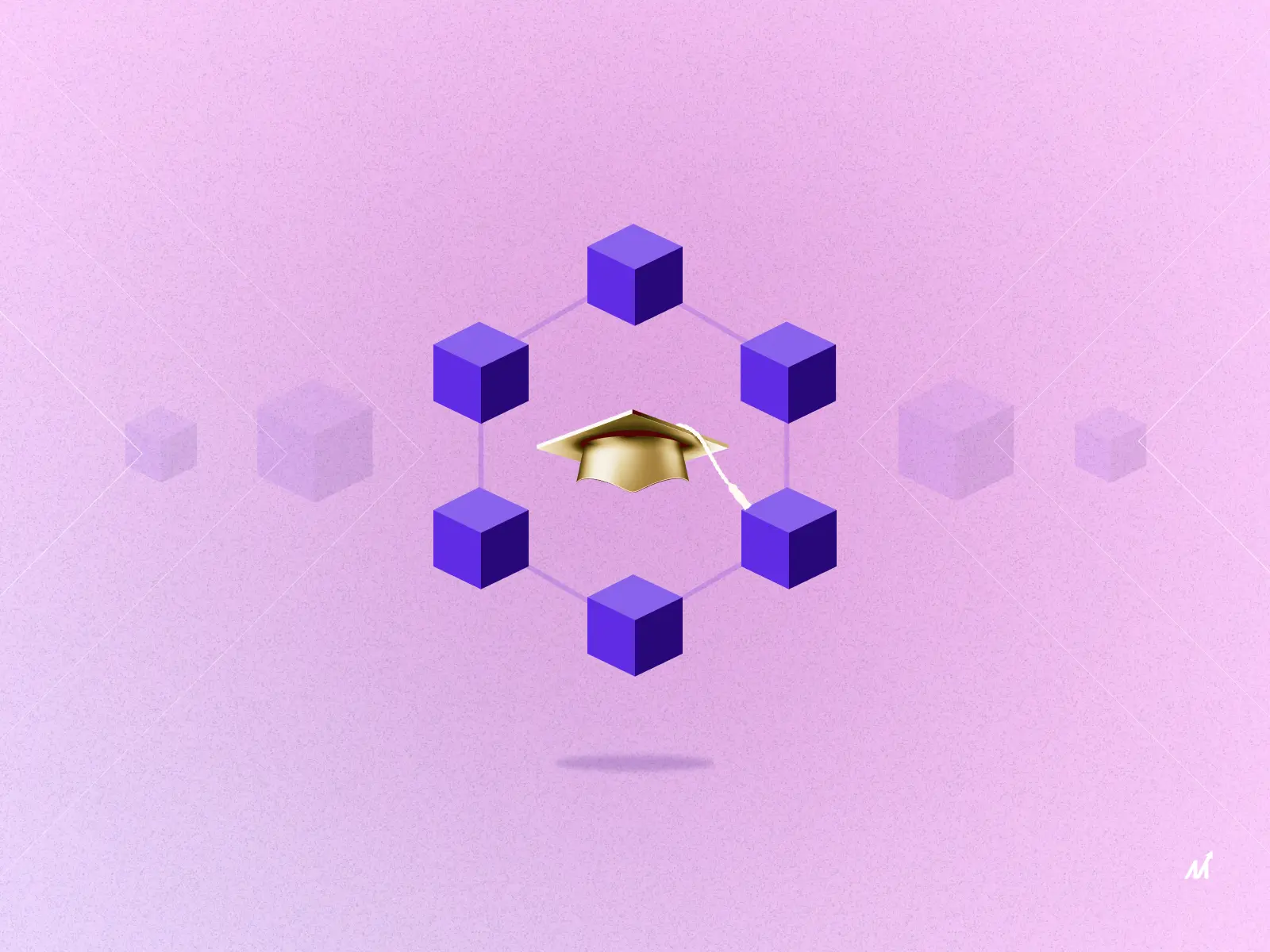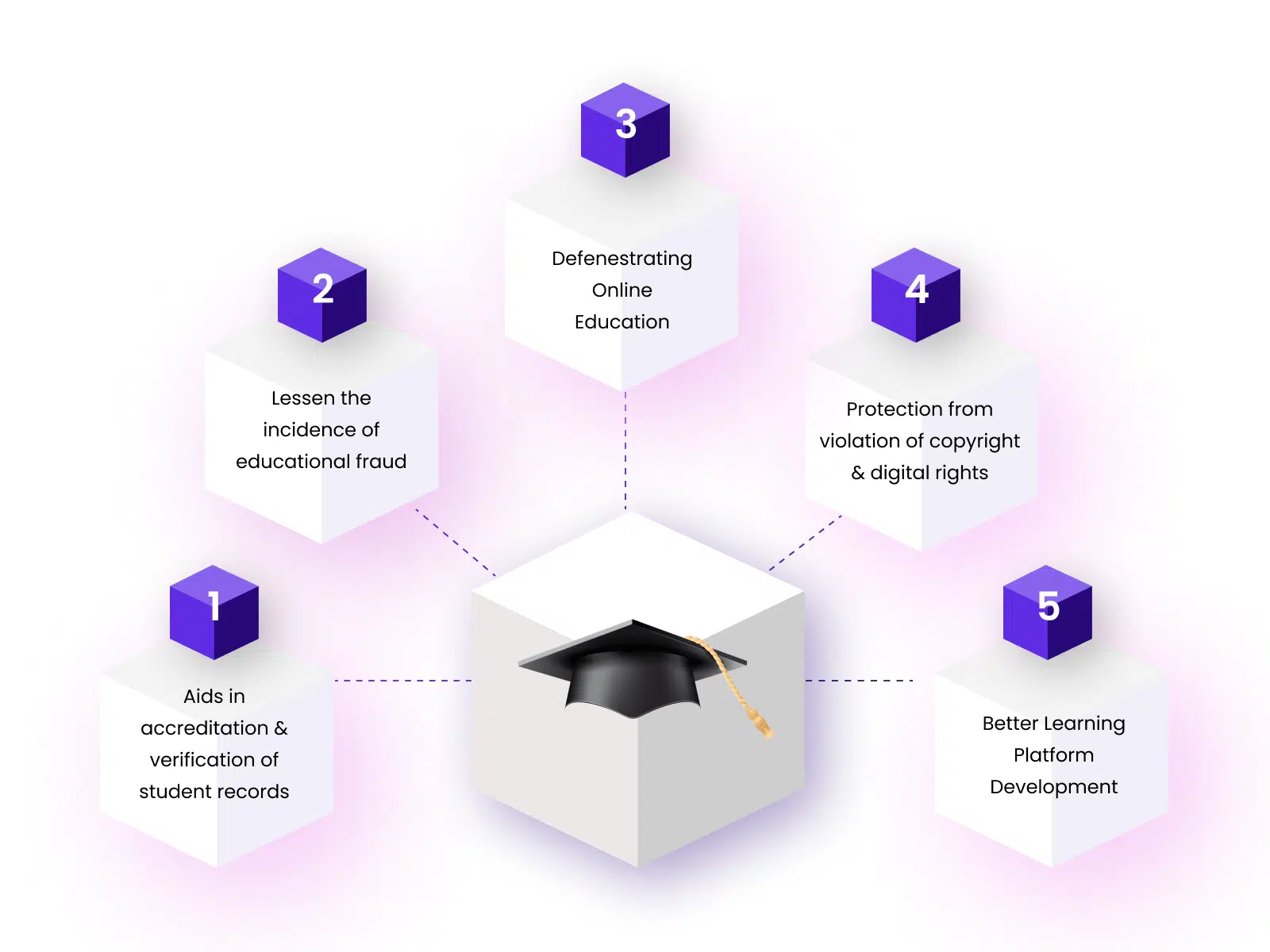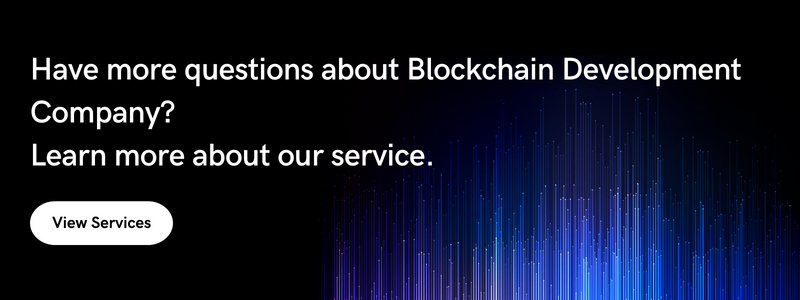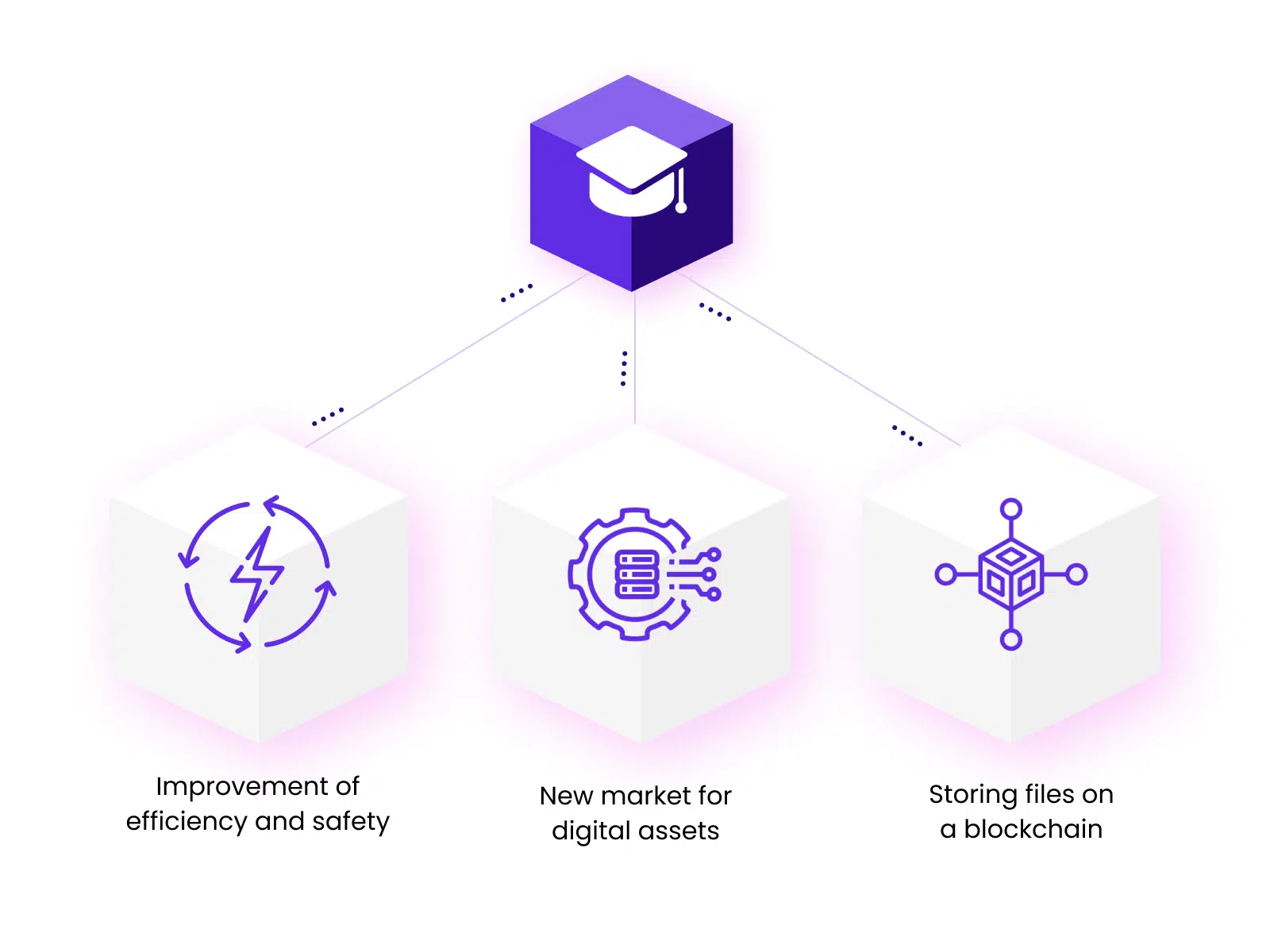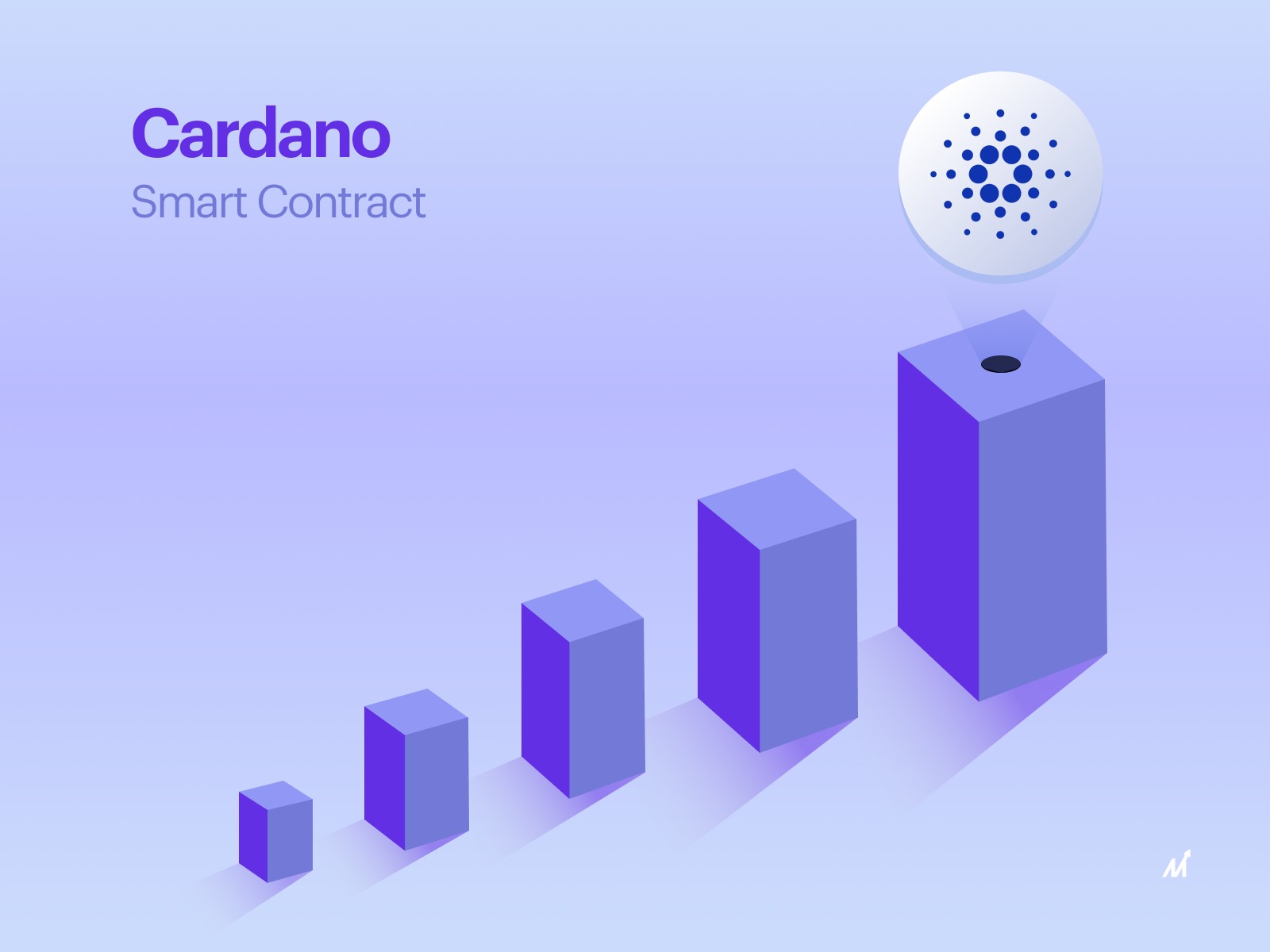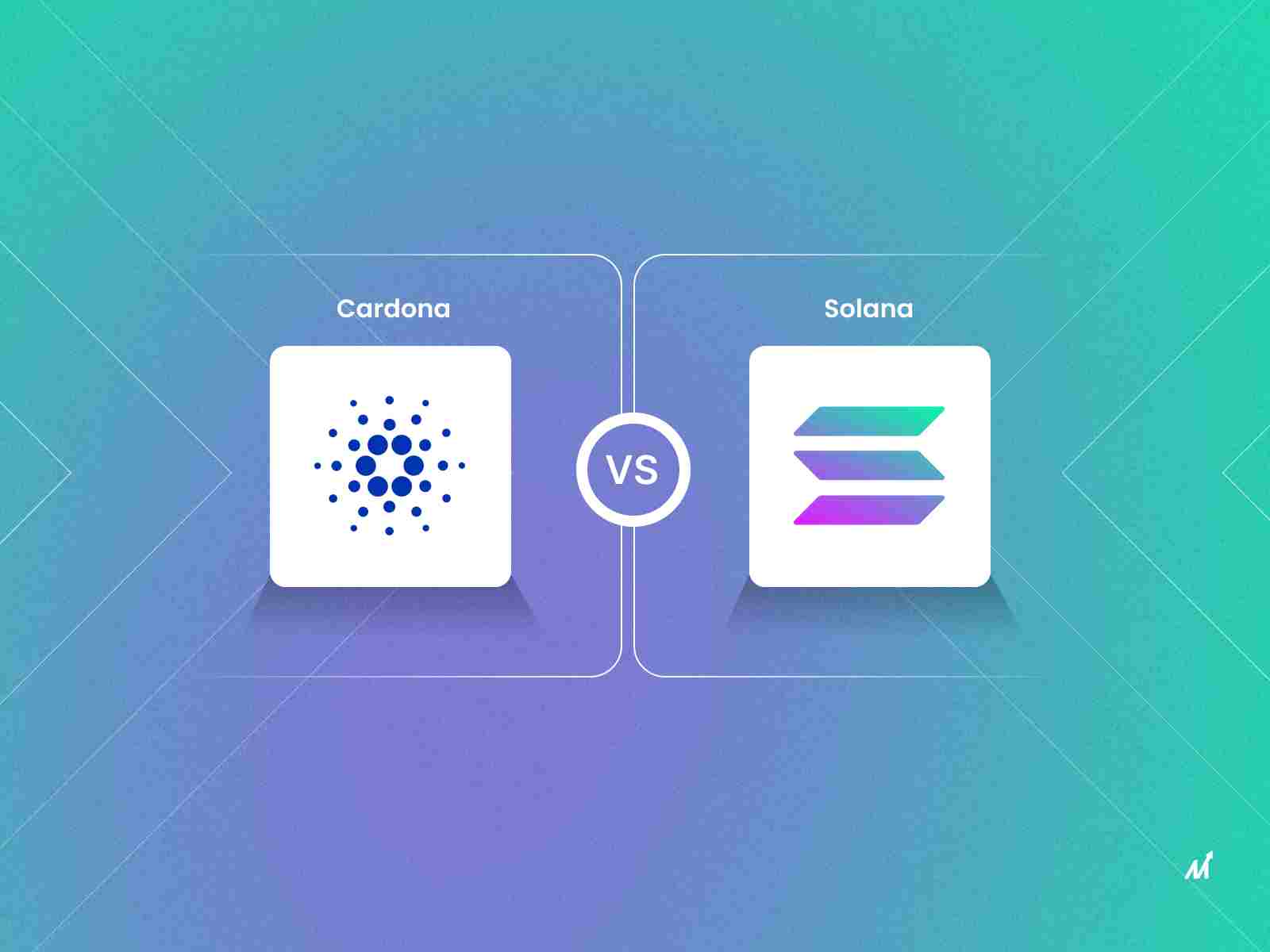Blockchain In Education: The New Trend
Blockchain benefits education by enhancing accountability through smart contracts, promoting transparency, and motivating learning. For instance, the immutable ledger technology of Blockchain in education generates a timeline of events that have occurred in real-time. This helps confirm exam results, transcripts, and certificates.
Additionally, it might not be long until educational institutions can encourage students to make on-time student loan payments and lecturers to inspire students by giving bitcoin to those who perform well or finish a particular major. Tokenization has had a hugely positive impact on the gamification of schooling. The University of Melbourne began using Blockchain in 2017 to issue digital credentials, allowing students to securely share authenticated copies of their certificates with companies and other parties. Blockchain technology is being used in higher education in increasingly innovative ways.
According to the Gartner 2019 CIO Survey, 2% of respondents from the higher education sector have already implemented Blockchain. 18% more respondents said they intended to do it within the following 24 months. However, over half of respondents (47%)—up from just 37% in the 2018 survey—cited a lack of interest.
Impact Of Blockchain On The Education Industry
“Blockchain” was not a commonly used phrase until a few years ago. These days, the financial industry is a frequent topic of conversation. Cryptocurrency and Blockchain have occasionally been used as synonyms.
Do other industries, including education, use Blockchain? Yes, that is the reply. Healthcare, land documentation and education are three areas where Blockchain can be used because it is a secure and decentralized ledger. The advantages of implementing Blockchain technology in education include the security it offers to data and the capacity to keep data safe even if a particular node is corrupted.
During the pandemic, the education industry quickly reacted to digitalization. Blockchain technology has the power to transform this industry. The collaboration and management of academic records between students and teachers can be substantially changed by Blockchain, first and foremost. Blockchain’s distributed ledger technology can potentially have a positive, significant impact on the transparency and accountability of the education sector. Let’s see how Blockchain can impact education.
Read more: List of top blockchain development companies in 2023
Role Of Blockchain In Education
1. Aids In The Accreditation & Verification Of Student Records
The record-keeping of diplomas and student credentials in educational institutions is changing thanks to Blockchain technology. Blockchain technology allows them to validate diplomas, certificates, and other academic documents without using an intermediary.
The accreditation process for educational institutions can benefit from Blockchain technology. Most nations find it difficult to certify and accredit most educational institutions. It will be considerably simpler to verify the credentials and caliber of instruction most educational institutions give with Blockchain technology.
2. Lessen The Incidence Of Educational Fraud
There are numerous instances where job seekers employed false academic papers that have been documented. Many people give incorrect information regarding their educational background when requesting a job. Sometimes the company or interviewer needs a mark sheet to confirm the applicants’ abilities. As a result, companies are prone to employ unqualified or unskilled workers for a position.
Blockchain in education guarantees an accurate and transparent record of all academic credentials. It is challenging to alter student data once a college has entered it into an online ledger. Users on the network must consent before they can manipulate the data. Universities can also create a ledger with a unique Blockchain protocol. The platform is essential for issuing transcripts and certificates to students.
3. Defenestrating Online Education
Today, educational institutions provide online courses to both domestic and international students. Students can enroll in online courses at the university they favor most. When choosing an online course from many learning institutions, consistency can be a problem.
Educational institutions can use Blockchain technology to provide decentralized online learning. It facilitates real-time information sharing between teachers and students. When Blockchain technology decentralizes online education, institutions won’t have the last say in what kind of courses are published or how much each course costs.
4. Protection From The Violation Of Copyright & Digital Rights
Plagiarism is a severe issue in the academic world that educational institutions fight to address. It can be costly for students to plagiarize internet content when writing term papers and research proposals. For instance, a university may cancel these students’ credentials due to plagiarism.
Thanks to Blockchain technology, content producers can stop the online distribution of copyright-protected instructional materials. All users will be able to keep their academic data in a chain that is safe, secure, and equipped with cutting-edge encryption thanks to technology. This makes sure that only authorized network users can access the information. Educational resource owners can monitor digital content usage, confirm access, and grant permission.
5. Better Learning Platform Development
Better online learning platforms will be created with the use of Blockchain technology. Universities can create worthwhile educational projects and systems linking students and professors. Schools improve student access to and sharing study resources by utilizing the education idea. Users purchase internal tokens to communicate feedback requests to available online tutors. They can also access additional educational programs and download study materials.
Technicalities Explored
Through the use of smart contracts, Blockchain in education may simplify the work of educators. Lines of code are written into a Blockchain and function as smart contracts when specific criteria are met. For instance, a teacher may create tasks for pupils as part of lessons and courses programmed into a Blockchain. The Blockchain’s smart contract would automatically check that each job was completed before giving the student the next one until all tasks were completed.
Teachers might use the same smart contract technology to help with grading. Students could take tests using computers or tablets if educators program full exams, complete with questions, answers, and scoring criteria, onto a Blockchain. The student’s grade becomes a part of their permanent academic record, recorded securely on the Blockchain, freeing up teachers’ time to work on other educational projects.
Blockchain In Education: Reasons To Choose It For Your Business
1. Improvement Of Efficiency & Safety
Due to its immutability, Blockchain can guarantee the database’s identity, privacy, and security. The authenticity and protection offered by Blockchain prevent any student from changing the previously saved data. Compared to the conventional paper record-keeping methods, this technology is more secure. Instead of utilizing a hash, the privacy of the data is protected by not storing it. Earlier than being stored on the Blockchain, the data may be encrypted.
2. New Market For Digital Assets
Blockchain technology is now used for student payments and transactions, which makes it a crucial component of the online educational system. The payment procedure, which used to be labor-intensive and involved the student, parents, financial institutions, governments, and educational institutions, has been transformed by Blockchain technology. The future use of digital currencies as a student payment is anticipated to be significant in this field. In the United States, many educational institutions now accept cryptocurrency as a form of payment.
3. Storing Files On A Blockchain
A school keeps many records, including diplomas, an online curriculum, and other papers that take up much storage space. If the data is kept on a local disc, the issue of data centralization may come up, and if they maintain their data on the cloud, they must incur excessive additional charges. Therefore, using Blockchain and education technology to operate as decentralized file storage could be a potential option. In addition, a Blockchain-based cloud storage service will assist in securely storing the data.
How Can Blockchain Overcome Education Industry Challenges?
Blockchain in E-learning, which is still in its infancy, has been hailed as “the right technology” for modernizing an outdated system.
With more attention than ever before focused on it, Blockchain’s distributed ledger maintains the technology of transactions in almost real-time. It ensures that they cannot be changed after being recorded. This is a fantastic approach to monitoring children’s academic progress, presenting a full report card, and confirming transcripts. Students who submit their work via Blockchain cannot claim their submission was lost.
Additionally, smart contracts may be used to highlight accountability. The use of smart contracts in educational institutions will soon be available to instructors, administrators, and students. For example, students and teachers may sign a digital agreement to define an assignment’s specifications, the deadline, and the grading scheme. Smart contracts might be used to pay off student loan debt.
It can significantly impact when used to address the issue of lowering the cost of higher education. Open educational resources are available online and are unrestricted in their use and distribution. They may be made available to everyone through Blockchain technology and may also be useful in fostering lifelong learning. Blockchain technology can distribute these resources securely and affordably on a public network.
Because it can address these problems by introducing new, less expensive teaching methods and by severing the current connection between schools and students, Blockchain has the potential to transform the educational environment.
Blockchain In Education: How Can Markovate Help?
Schools will undergo a revolutionary transition by streamlining record keeping, boosting security and transparency, assisting organizations with recruiting procedures, and giving students control of their academic records. Partner with Markovate, one of the fastest-growing development companies, for trustworthy and skilled Blockchain development services.
To get quick, reliable results, integrate Blockchain technology into businesses with our consultation and Blockchain development services.
Blockchain technology is still in its infancy, and Markovate’s creative solutions can help businesses close gaps in the Ed-tech industry. Schedule a call with one of our Blockchain experts.
Blockchain In Education: Frequently Asked Questions
1. Has Blockchain become popular for education?
The education industry is finding Blockchain to be quite advantageous. It enables academic institutions to safeguard student data. They can take control of their academic identities, accolades, and certifications.
2. Can Blockchain enhance the mobile app development process in education too?
Blockchain in mobile app development for education can aid in keeping user data secure and out of the wrong hands. Therefore, adopting blockchain technology to create a mobile app ensures greater data privacy.

